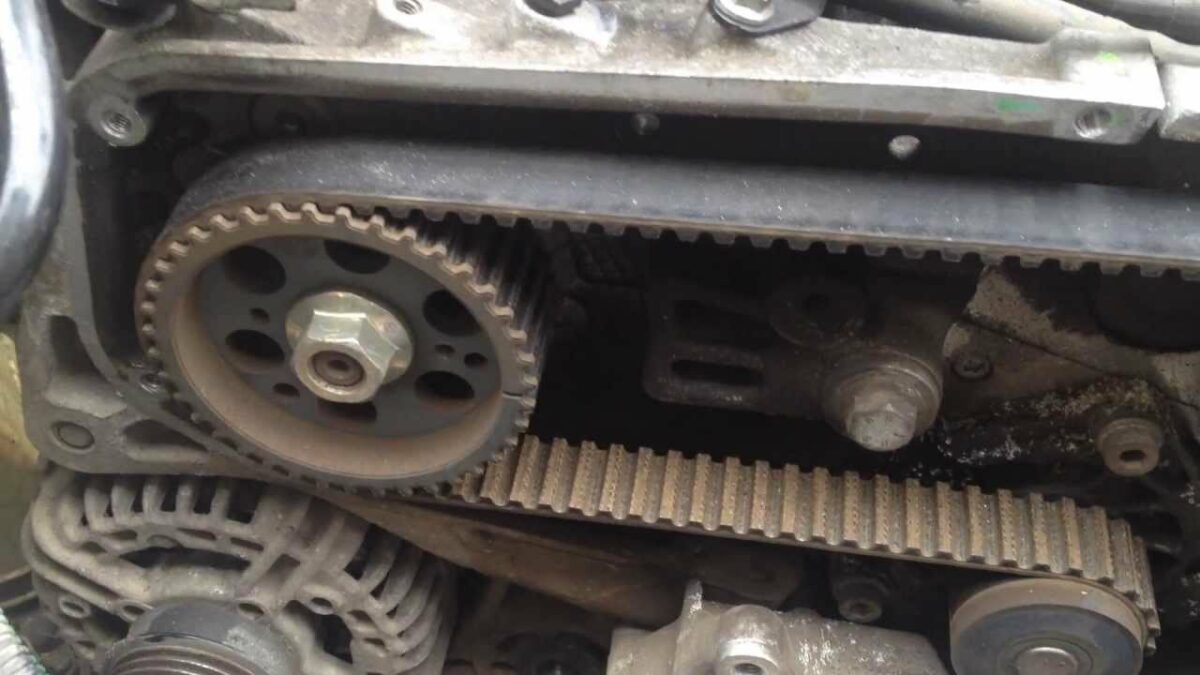
Common Issues With a Vauxhall Vivaro: You’re a proud Vauxhall Vivaro owner, aren’t you? But you’ve probably experienced some hiccups along the way. From engine troubles to pesky electrical faults, these common issues can be a real pain. But don’t fret! We’re here to help you identify and tackle these problems head-on. So buckle up, because we’re about to dive deep into the world of Vauxhall Vivaro’s most common issues. Let’s get you back on the road, shall we?
Identifying Common Mechanical Problems
You’ll often notice that the most common mechanical problems in a Vauxhall Vivaro revolve around the engine. But, don’t overlook other areas that can cause issues.
Suspension faults may create a bumpy ride or uneven tire wear. Clutch complications could result in difficulty shifting gears or a burning smell. Steering problems might make handling the vehicle tough, while radiator issues can cause the engine to overheat. Exhaust troubles, like a noisy muffler or decreased fuel efficiency, are also common.
Engine-Related Issues in Vauxhall Vivaro

In your Vauxhall Vivaro, there are three main engine-related issues you could encounter, and each one can significantly impact your vehicle’s performance. Turbocharger defects, for example, can reduce engine power and fuel efficiency.
You might also experience engine overheating due to radiator malfunctions. If left unchecked, it could lead to engine failure. Ignition problems are another issue you may face. These can cause your Vauxhall to start inconsistently or not at all.
Alternator issues can also occur, leading to battery drainage and a lack of electrical power. If you’re keen on serving others, knowing about these potential problems can help you ensure their Vauxhall Vivaro is always in top shape. Remember, early detection is key to preventing major engine damage.
Transmission Troubles Faced by Vauxhall Vivaro Owners
Despite the overall reliability of your Vauxhall Vivaro, transmission troubles, a common form of mechanical failure, can still pose a significant issue and disrupt your driving experience.
Here are four common issues you might encounter:
- Gearbox glitches: These can cause erratic shifting patterns, affecting your driving comfort.
- Clutch complications: A faulty clutch can lead to excessive vibration or a burning smell, signalling a need for repair.
- Transmission fluid leaks: If you notice red fluid under your car, it’s probably a transmission fluid leak. It’s crucial to address this promptly to avoid further damage.
- Torque converter issues and shifting difficulties: These can result in delayed or rough gear changes.
Understanding these issues helps you maintain your Vivaro’s performance and serve others reliably and efficiently.
Electrical Faults in Vauxhall Vivaro: An Overview
While mechanical failures can be quite frustrating, electrical faults in your Vauxhall Vivaro also warrant attention and can be equally, if not more, vexing. You might encounter faulty wiring, causing sporadic failures of electrical systems, or battery problems, leading to difficulties while starting the engine. Dashboard malfunctions can also be a headache, with inaccurate readings leading to potential mishaps. Lighting issues are another common electrical fault, where your headlights, taillights, or interior lights may not function as expected. Lastly, ignition troubles can hinder your vehicle’s start-up process. Remember, each of these issues not only affects your vehicle’s performance but also poses safety risks. It’s essential to address and rectify these faults promptly to ensure a smooth, safe journey.
Brake System Failures and Their Solutions
You’re cruising down the road in your Vauxhall Vivaro, the purr of the engine is music to your ears, when out of the blue, you encounter brake system failures, a common, yet dangerous issue that can turn your ride from smooth to hazardous within fractions of a second. To help you out, here are solutions for common brake failures:
- Brake fluid leaks: Regularly check your brake fluid level. If it’s decreasing rapidly, you might have a leak. Get it fixed immediately.
- Brake pad wear: Keep an eye on the thickness of your brake pads. Replace them if they’re worn out.
- Defective brake lights: Regularly check your brake lights and replace defective bulbs.
- ABS system failures and brake pedal issues: If your ABS light comes on or the brake pedal feels strange, get it checked out by a professional. Safety first!
Vauxhall Vivaro’s Fuel System Problems
Dealing with fuel system problems in your Vauxhall Vivaro can really throw a spanner in the works, especially when they crop up unexpectedly. Injector issues can be a real headache, causing poor fuel efficiency and potentially damaging the engine. Fuel contamination, too, can wreak havoc on your vehicle, leading to pump failure if left unchecked.
Addressing Heater and Air Conditioning Defects
If your Vauxhall Vivaro’s heater isn’t warming you up, or the air conditioning isn’t cooling you down, you’ve got a problem that needs addressing. It’s essential to tackle these defects promptly to ensure your comfort and safety. Here are four common issues that could be causing the problem:
- Coolant Leaks: This might cause your heater to underperform. Check for any leakage and fix it immediately.
- Thermostat Malfunctions: If your thermostat isn’t working properly, it won’t regulate temperature effectively.
- Blower Motor Issues: A faulty blower motor can disrupt the operation of your heater and AC.
- AC Compressor Failures and Heater Core Problems: These major components, if faulty, can drastically affect your vehicle’s heating and cooling system.
Bodywork and Interior Issues in Vauxhall Vivaro
When it comes to the bodywork and interior of your Vauxhall Vivaro, you’ll find there’s a range of common issues that can cause you headaches. Seat durability is one such issue. Over time, the seats may show signs of wear and tear, affecting your comfort and the vehicle’s overall aesthetic. Rust prevention is also important for maintaining the bodywork. Regular checks and timely repairs can prevent rust from causing major damage. The dashboard design, while sleek, may pose usability issues. Upholstery maintenance is crucial in preserving the interior’s look and feel. Moreover, door lock issues can compromise your vehicle’s security. By understanding and addressing these issues, you’ll greatly enhance your Vauxhall Vivaro’s lifespan and functionality.
Conclusion
In conclusion, while your Vauxhall Vivaro is designed for reliability, it’s not immune to problems. Whether it’s engine troubles, transmission issues, electrical faults, brake system failures, fuel system problems, HVAC defects, or bodywork and interior issues, it’s important to address them quickly. Remember, proper maintenance and timely repairs can keep your Vauxhall Vivaro running smoothly for years to come. Don’t ignore the signs, your vehicle’s performance depends on it.






